【EVENT ANNOUNCEMENT】INSTeM Online Conference "Post-Media Studies in Asia 2024" (Updated on Jan. 14, Program Available)
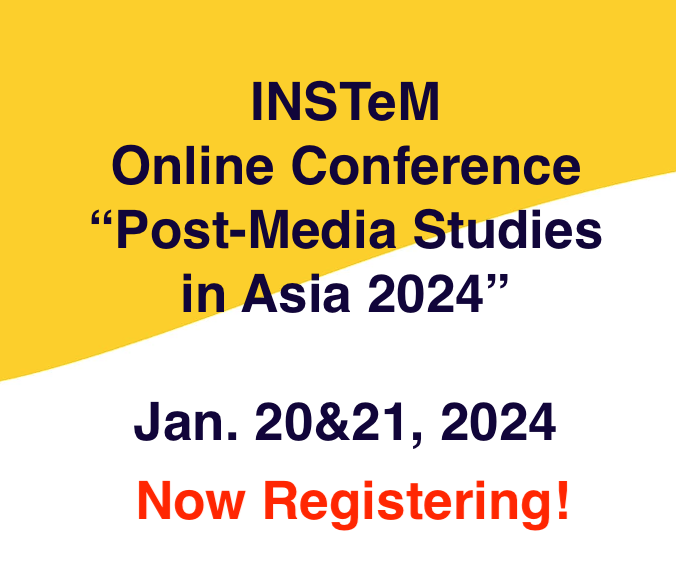
WHEN
Saturday, January 20, 2024, 10:00 - 17:30 (JST)
Sunday, January 21, 2024, 10:00 - 17:00 (JST)
(Two-day event. The program schedule aligns with Japan Standard Time (JST) )
WHERE
Online(Zoom. Access details will be shared exclusively with registered attendees who have purchased tickets)
ORGANIZER
INSTeM (Inter-field Network for Science, Technology and Media Studies)
KEYNOTE SPEAKERS (bios and abstracts listed below)
Anthony Fung (Professor, Chinese University of Hong Kong)
Eva Tsai (Professor, National Taiwan Normal University)
Tomoko Tamari (Senior Lecturer, Goldsmiths, University of London)
Shin Mizukoshi (INSTeM/Professor, Kansai University)
Yoshitaka Mōri (INSTeM/Professor, Tokyo University of the Arts) *Coordinator of this event
ABOUT THIS EVENT
As entering the 2020s, the media landscape is changing dramatically. The COVID-19 pandemic has led to the proliferation of various net conferencing applications such as Zoom and Teams, and new subscription services such as Netflix and Amazon Prime have taken off. Meanwhile, new technologies such as new generative AI, represented by Catgut, are fundamentally transforming the relationship between humans and machines.
At the same time, the era of global centralization and homogenization driven by transnational capitalism, which has advanced since the end of the Cold War, is rapidly coming to an end, and the world is becoming increasingly fragmented. The digital media world is no exception. The multinational corporate platforms represented by GAFAM, which seemed to have everything under control, have come in for a variety of criticism, and the evolution of technology in China and other non-Western countries has been remarkable. Under these circumstances, the digital media environment will become more and more a mosaic, unstable, full of connections and disconnections, agreements and disagreements.
What will media studies look like in these times? In the late 1980s, when the Internet was not yet widespread, French philosopher Félix Guattari foresaw the arrival of a new interactive digital media and, in anticipation of its political possibilities, proposed the concept of “post-media”. In light of the current widespread use of the Internet, his vision may seem a bit too optimistic. However, the concept of “post-media,” which advocates a fundamental reformation of the relationship between man and machine, body and media, nature and environment, seems to have a new meaning now that media has spread to every corner of our lives.
“Post-Media Studies in Asia 2024” is an online symposium that seeks to discuss how the media environment is changing in Asia. While strongly influenced by the US, Asian media is developing in its own unique way according to its own culture, economy, and politics. At the same time, globalization is accelerating the flow of transnational cultures. There is an urgent need to construct a new media theory that responds to the new media environment.
We established the Post-Media Research Network (PMRN) in 2020 and have regularly held symposia and workshops with guest speakers including Mike Featherstone, Tomoko Tamari, Scott Lash, Matthew Fuller, Ian Condry, and others. In April 2023, INSTeM has taken over this project and is reorganizing the PMRN.
This symposium will be the first project of the new PMRN. We hope that those who are interested in this field have an opportunity to give a presentation, exchange ideas and develop our network.
TICKET INFO:
Please join us for our 2-day online conference, available for both single-day and two-day attendance. Tickets are priced at 2,000 yen, granting access to the entire event regardless of whether you attend for one day or both.
REGISTRATION/TICKETS:
Please register and purchase your ticket from Peatix: https://instem-post-media-studies-in-asia-2024.peatix.com/
*Zoom access details will be shared exclusively with registered attendees who have purchased tickets.
*Please note that all ticket sales are final, and we are unable to process refunds. We appreciate your understanding in this matter.
**ACCESS THE TIME TABLE HERE**
**FULL PROGRAM AVAILABLE HERE**
KEYNOTE SPEAKERS & ABSTRACTS
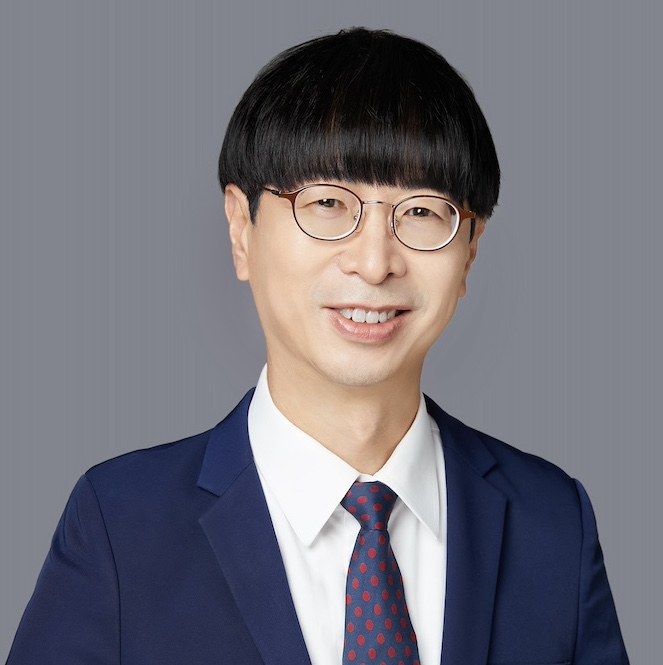
ANTHONY FUNG is Professor in the School of Journalism and Communication at the Chinese University of Hong Kong and Professor in the School of Art and Communication at Beijing Normal University at Beijing. His research interests and teaching focus on digital media, popular culture, cultural industries and policy. He is editor-in-chief of Global Media and China and co-editor of International Journal of Cultural Studies. He authored and edited 15 English/ Chinese academic books, and published more than 170 journal articles and book chapters in the field of communication.
"The Philosophical Underpinnings of Digital Platform Studies: Unveiling Extensions of Capitalist Infrastructure into Everyday Practices through Critical Lenses"
This paper explores the nature of digital platform, meticulously untangling the intricate connections between these platforms, capitalist operations, and the daily practices that mold contemporary life. Positioning digital platforms as extensions of the infrastructure supporting capitalist enterprises, my presentation delves into the profound impact of these technological interfaces on various facets of daily existence, and more important, how people are now more sophisticatedly “controlled” by the “machine” that human has invented. The argument is informed by Félix Guattari and Gilles Deleuze. On the one hand, Guatteri's pioneering concept of "machinic heterogenesis" implies that platform technology could have the capacity to reshape social relations and human subjectivity. On the other hand, Deleuze’s concept of "control societies" can be seen as new replacements for past disciplinary societies. In sum, the presentation explores the implications of this intricate, complex and ironic relationship on issues of power, access, and control of digital platform in the digital age.
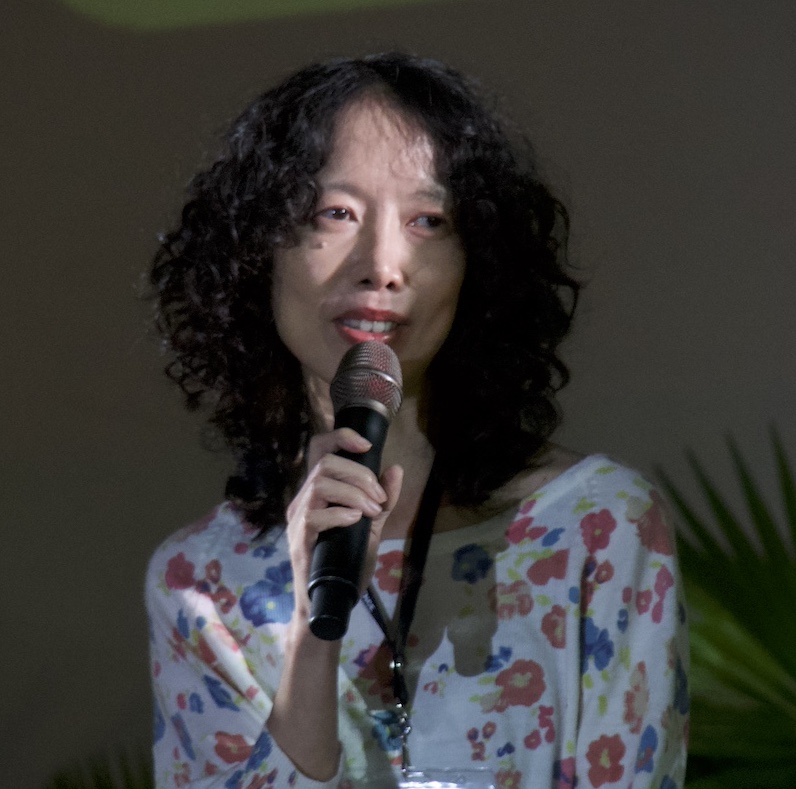
EVA TSAI (Ph.D. in Mass Communications, The University of Iowa) is Professor at the Graduate Institute of Mass Communication, National Taiwan Normal University. Her research and teaching interests cover inter-Asian popular culture, creative and content industries, qualitative research, and podcast/sound media. She co-edited Made in Taiwan: Studies in Popular Music (Routledge 2020). Since 2017, she has been developing original video and podcast content with the students at her program. The resulting YouTube channel (Hoping Lab) and the two Podcast programs (The Sound and Story Stitchers, MIT Authors Interview) have been a rewarding platform for social engagement and content experimentation.
"The Land of Little Rain, The Marvelous Clouds, and the Relevance of Habitat in Media Studies"
Over the years, I have struggled, with little avail, to make theories matter to my students of media and communication in Taiwan. These days, since university teachers involuntarily compete with devices and contents, I have come to realize what makes me relevant may not necessarily be the knowledge I transmit, but the Kairos (timing, opportunity) I seize and the specific stories I use to illustrate it. By that, I mean an explication of the very conditions or the conjuncture that place my students and me.
I found inspiration in The Land of Little Rain, a contemporary Taiwanese fiction by Wu Ming-yi. Readers meet descriptions of unique and personal habitats weaving Taiwan’s ecological, technological, and cultural terrains. These hybrid and scalable habitats shape the crafts and curiosities of the characters. Wu is not a media scholar. But his short stories resonate with the elemental and infrastructural approach to media—the theme in media historian John D. Peters’ The Marvelous Clouds and also the concern of many current media studies. Drawing on my podcast research and practice, I would like to consider how the idea of habitat might inspire theorization of podcast as a medium.
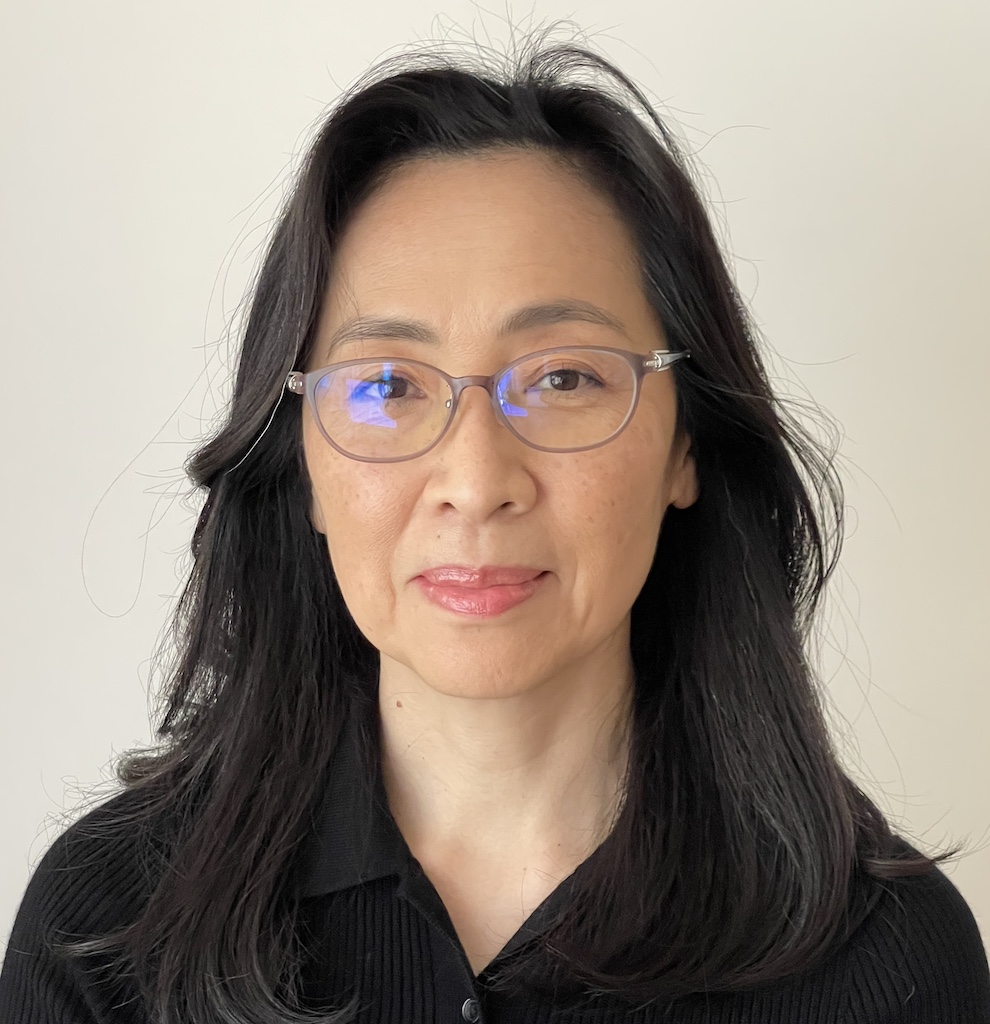
TOMOKO TAMARI is Senior Lecturer in the Institute of Creative and Cultural Entrepreneurship, Goldsmiths, University of London. She is managing editor of Body & Society (SAGE). Dr. Tamari's long-standing research interests focus on consumer culture in Japan and Japanese new women, which will be discussed in her forthcoming book entitled, Women and Consumer Culture: the Department Store, Modernity and Everyday Life in Early Twentieth Century Japan (Routledge). Most recent interests are discussed in her edited collection Human Perception and Digital Information Technologies to be published in February 2024 (Bristol University Press). She is currently working on the following areas: Body Image and Technology; Human Perception and the Moving Image; AI and Contemporary Visual Art; AI and Human Knowledge Formation.
"Human Perception and Digital Information Technology: Animation, Algorithm and Affect"
Focusing on Japanese animation cinema that has been widely acclaimed
as an art form, the paper discusses human perception of animation by scrutinizing ‘the affective effect’ in the dynamic relations between moving images and human conscious–nonconscious cognition. The paper explores the differences between digital aesthetics created by computer animation and analogue aesthetics in hand-drawn animation. While computer- generated imagery (CGI) refers to the process that involves mathematical calculations within computers to create verisimilar naturalistic images, the traditional hand- drawn animation method involves symbolic expressive forms created by the animator’s spatiotemporal sensitivities. Drawing on Hayles’s discussion of the ‘cognitive nonconscious’, Simondon’s notion of ‘technical mentality’, and biosemiotics, the paper argues that there might be an inevitable incompatibility in the image-formation process between human perception and algorithm-based CGI. To explore this assumption, the paper focuses on the questions of ‘selectivity’ and ‘abstraction’ in both the neuronal and the technical, and emphasizes the significance of ‘noise’ (incompleteness and ambiguity) and ‘time’ (speed, duration, and delay) for human perception by exploring the nature of cognitive systems. The paper further considers the expansion of digital computer technology and its integration within human life by analysing the ‘recursive dynamism’ of human perception and CGI.

SHIN MIZUKOSHI is Professor of media studies at the Faculty of Sociology, Kansai University. He has been working on critical and practical media studies to defamiliarize and recombine the relationship between media and people with a design-oriented mind. Mizukoshi’s recent publications include Media no Seisei: Amerika Rajio no Doutaishi (The Formation of Media: A Dynamic History of American Broad-Casting) 2023, “Media Landscape without Apple: A Workshop for Critical Awareness of Alternative Media Infrastructure” The Journal of Education, 3(2), 2020. He is the research division deputy director of INSTeM、and the editor of a bilingual independent magazine, 5: Designing Media Ecology.
"Media Is Not Text"
Amidst the rapid proliferation of generative AI and discourse cautioning against phenomena such as fake news and misinformation, the phrase urging individuals to acquire media literacy has become a cliché, recurrently employed in the conclusions of academic symposiums, student reports, and TV news worldwide. While media literacy in these contexts encompasses diverse meanings and intentions, a common thread emphasizes the ability to interpret media critically. The underlying assumption highlighting "critical reading" rests on recognizing that media can be apprehended as a weaving of symbols akin to language, namely as text. This perception extends beyond media literacy and has been shared through structuralism, semiology, and cultural studies from the days of Roland Barthes.
However, the question arises: Is media truly akin to language or something that can be understood as text? Admittedly, newspapers and magazines might be conceived as text. However, can television, film, YouTube videos, or advertising expressions be considered text? Furthermore, can the messages' timeline flow through a smartphone display, or can the companion robot’s interaction be reduced to text?
This presentation aims to critique the limitations of understanding media solely as a text based on insights from Mizukoshi’s recent research project, A New Literacy for Media Infrastructure, focusing on the dimensional aspects of infrastructure, platforms, and material. Additionally, it seeks to present a more comprehensive and hierarchical theoretical framework for media literacy.
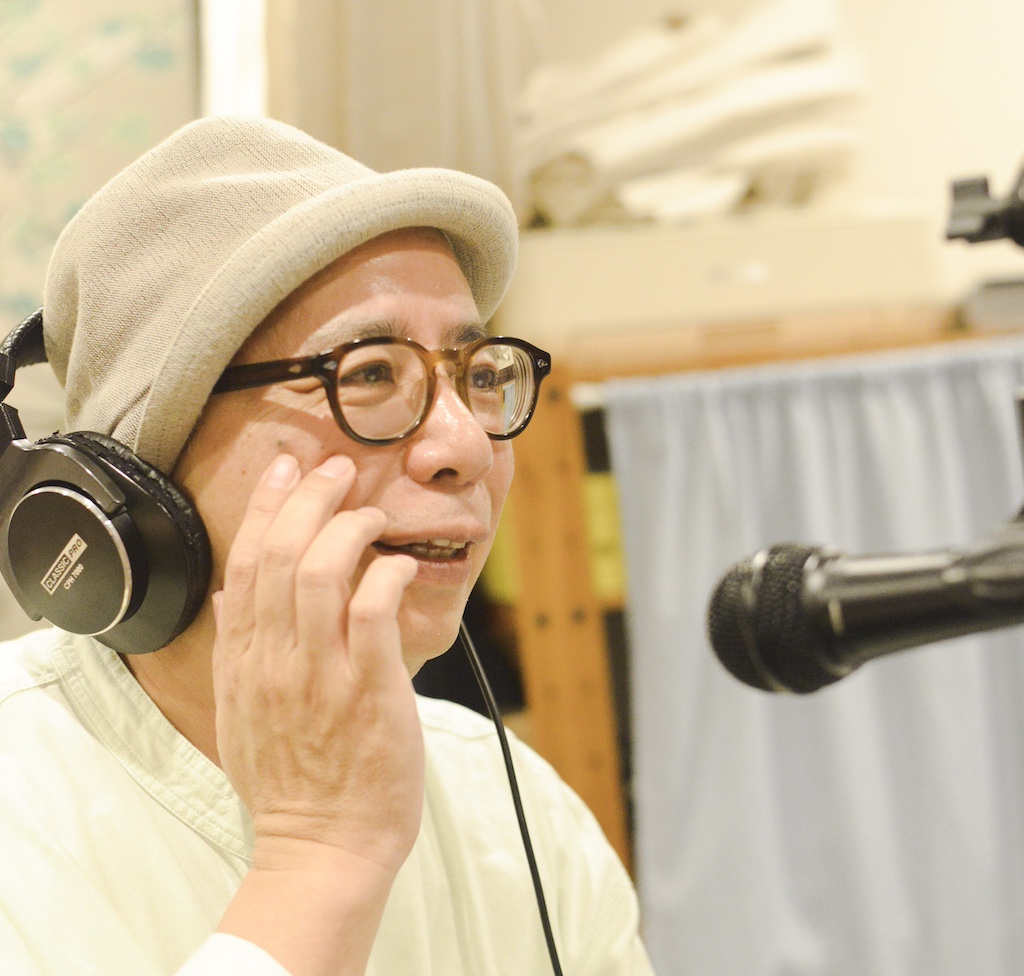
YOSHITAKA MŌRI is Professor of Sociology, Cultural Studies and Media Studies at Tokyo University of the Arts. Born in 1963. BA in Economics (Kyoto University), MA in Media and Communications and Ph.D. in Sociology (Goldsmiths College, University of London). Dr. Mōri's research interests are postmodern culture, media, contemporary art, the city and transnationalism. His publications include, Banksy, Kobunsha, 2019, Sutorīt no Shisō (The Philosophy in the Streets) NHK Publications, 2009 and Popyurā Ongaku to Shihonshugi (Popular Music and Capitalism) Serica Shobō, 2005/2012 (in Japanese) and “J-Pop Goes the World: A New Global Fandom in the Age of Digital Media” Made in Japan: Studies in Popular Music, T. Mitsui (Ed), Routledge, 2014, and “New Collectivism, Participation and Politics after the East Japan Great Earthquake”, World Art, Routledge/Taylor & Francis, 5/2, 2015 (in English).
PROGRAM SCHEDULE
(As of Jan. 7, 2024. The schedule is tentative and subject to changes.)
*Schedule based on Japan Standard Time (JST) for both dates
**ACCESS THE TIME TABLE HERE **
**FULL PROGRAM AVAILABLE HERE**
DAY 1 (Jan. 20, 2024)
10:00 - 10:30 Opening Remarks and Presentation
Yoshitaka Mōri (INSTeM/Tokyo University of the Arts)
10:30 - 10:45 Break
10:45 - 12:15 Session 1: Post Media Theory and Media Practices
3 speakers (Presentation 20 min & QA 5-10 min each)
12:15 - 13:15 Lunch break
13:15 - 15:15 Session 2: Feminist Post-Media
4 speakers (Presentation 20 min & QA 5-10 min each)
15:15 - 15:30 Break
15:30 - 16:30 Keynote Speech 1
Eva Tsai (National Taiwan Normal University)
16:30 - 17:30 Keynote Speech 2
Tomoko Tamari (Goldsmiths, University of London)
DAY 2 (Jan. 21, 2024)
10:00 - 11:00 Keynote Speech 3
Anthony Fung (Chinese University of Hong Kong)
11:00 - 11:15 Break
11:15 - 13:15 Session 3: Culture and Politics in the Digital Sphere
4 speakers (Presentation 20 min & QA 5-10 min each)
13:15 - 14:00 Lunch break
14:00 - 16:00 Session 4: Music and Sound Culture in the Post-Media Age
4 speakers (Presentation 20 min & QA 5-10 min each)
16:00 - 16:15 Break
16:15 - 16:45 Keynote Speech 4
Shin Mizukoshi (INSTeM/Kansai University)
16:45 - 17:00 Closing Remarks
Yoshitaka Mōri (INSTeM/Tokyo University of the Arts)
